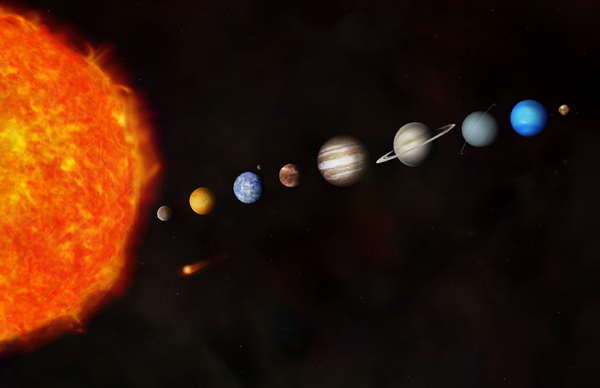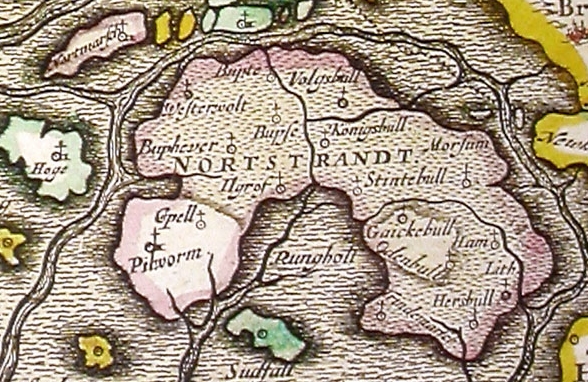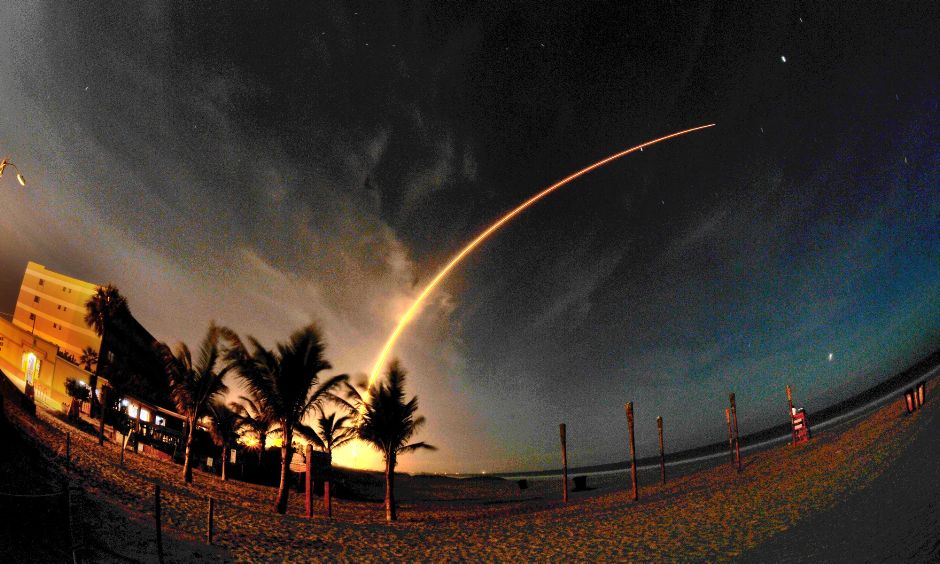The theatrette of the Institut de France was in uproar. Jean Joseph Le Verrier, a slender, taciturn mathematician, gripped the lectern and watched clouds of dust rise as Jean-Baptiste Armand Louis Léonce Élie de Beaumont, a broad-shouldered geologist now – in his twilight years – running to fat, who was also the secretary of the Académie, tried to restore order by slapping his leather satchel against a bench and blustering, “Quiet. I will have quiet.”
Sessions of the Académie des Sciences often ended up this way. Particularly the meetings of the Mathematical Sciences branch. Their cousins from the Physical Sciences were generally too strung out or discombobulated from ingesting whatever mineral compound or plant extract they were lecturing about on a given day to raise any fuss, no matter how controversial the presentation. There was a certain vacant and chemically-induced good humour among the Physical Scientists that would be entirely welcome here, reflected Le Verrier. Or at least a muzzle for Antoine d’Arrast, the cocky Irish half-breed, who was raising the loudest cries and looked to be on the verge of punching Pierre Florens in the face as they grappled in the second row from the front.
Le Verrier consulted his notes again. Not good. He’d made it as far as the second line, “… and the problem of Mercury’s perihelion precession is entirely resolved by this discovery…” before the outcry. Most of his grand announcement remained. He hadn’t even had the chance to remind everyone that he had, after all, discovered Neptune. Admittedly, he’d made sure that had been printed in large type next to his name in the notice-sheet for today’s proceedings. That surely had earned him the right to a respectful hearing, but the petty jealousies and rivalry in the room could have powered a small city.
Still, de Beaumont, chins spilling fluidly over his cravat, seemed to have settled things down now to the point where he could continue.
“This discovery,” he began, but his voice sounded uncertain, pitched too high and squeaking slightly. Trying again in a lower register, he carried on, attempting to weight his phrasing and pauses according to a mathematical formula for persuasiveness he had been working on in his spare time. “This discovery is set to once again expand our knowledge of the universe and our place in it. In the fiery inner reaches of our solar system, hidden – as it were – behind a veil of light, lies the planet which I have named ‘Vulcan’. The blacksmith of the gods is –“
“But you haven’t seen it, have you?” d’Arrast, of course, even now shouting again from his seat after everyone else had fallen silent. “You have no way of knowing if it’s actually there.”
Le Verrier felt the colour rising in his cheeks and his knuckles whitened as he gripped the lectern even harder. “As with my discovery of Venus –“
“Venus. Yes, we know. Discovered only with your mind and a pen. But this is different. There is no actual –“
Pierre Florens, next to d’Arrast on the bench, turned and tried to grapple him around the neck, shouting as he did so, “Be silent, you scoundrel. Observations are neither here nor there when you have the evidence of –“
“There is no evidence,” squeaked d’Arrast, his face purpling and his voice rising in a husky croak as Florens worked his forearm around his windpipe.
“There are,” enunciated Le Verrier coldly from the lectern, “perturbations.”
“Precisely. Perturbations,” echoed Florens, loosening his grip a little.
“I’ll give you perturbations,” snarled d’Arrast, rubbing at his throat.
“Gentlemen,” thundered de Beaumont, who had risen to his feet at last and was glaring with undisguised loathing at d’Arrast. “This meeting will come to order. We are the Académie, not a boxing society or street gang.” His words seemed to have the desired effect as Florens pulled his arm back and d’Arrast shifted a little further away on the wooden bench. “Continue if you please, Mister Le Verrier.”
“With pleasure, Mister Secretary,” said Le Verrier, briefly scanning his notes. Then, addressing the assembled Académie once more, he went on, “As you are all aware, the orbit of Mercury displays some eccentricities, perturbations, in its precession with respect to the sun. Mercury’s perihelion precession, in fact, differs by 43 arcseconds per century from the best estimates predicted by Celestial Mechanics. The explanation for this is that inside the orbit of Mercury, shielded from our eyes by the effulgent solar light, lies another planetary body. It is yet to be seen with certainty, but it is there nonetheless. The mathematics does not lie.”
“Where is it, then?” called d’Arrast, hoarsely.
“It lies exactly where my predictions place it. Twenty one million kilometres from the sun, with an orbital period of nineteen days and seventeen hours, its orbit inclined to the ecliptic by twelve degrees and ten minutes.”
“Absurd,” said d’Arrast, pushing back at Florens’ groping hands. “With such precision, surely it would be possible for all of us to see it.”
“Some have,” returned Le Verrier, wishing heartily that Florens had held on to d’Arrast’s neck a little tighter or a little longer. “Heretofore unexplained transits have previously been observed, which we now know to be transits of Vulcan. Armed now with the certain mathematical proof of the planet’s existence and location, we only need wait. Visual observations of Vulcan are inevitable.”
A dark murmur rolled through the theatrette. Already on edge, riled by d’Arrast, the assembled Mathematical Scientists were not happy with the repeated references to brute physicality and observation. If the mathematics were right –
Reaching into his coat pocket for chalk, Le Verrier said, “I can demonstrate the equations if you would –“ only to be interrupted by de Beaumont.
“That won’t be necessary, Le Verrier. I think, I think that with your, your remarkable announcement, we have reached the end of the meeting. If you would be so kind as to hold over the equations until our next gathering, I’m sure we would all be grateful.”
“Of course, Mister Secretary. I would be most pleased.” Le Verrier hurriedly stuffed his notes back into his coat pocket and stepped from the lectern as de Beaumont took his place.
“Good. Well, then. I declare this meeting of the second of January in the year of our Lord 1860 closed and bid you all farewell. Please hold any questions for Mister Le Verrier until our next meeting, and may I ask you to settle any differences of opinion among you in the proper manner. Pamphlets, I think. Or exchanges of letters.”
At these words, the assembled Académie began to disperse, shuffling along the long, low benches towards the rear of the theatrette where they exited, returning to the visible world.
File under: starstruck | Einstein 1 Newton 0
(Image source: Universe Today)





